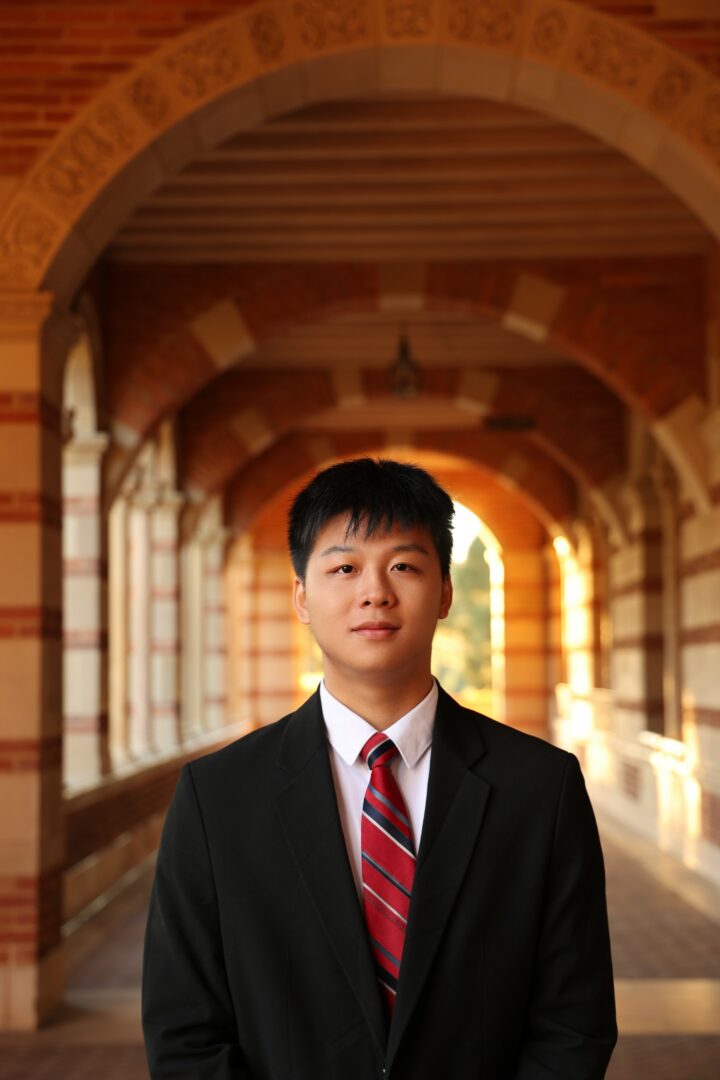We caught up with the brilliant and insightful William Siyuan Li a few weeks ago and have shared our conversation below.
Hi William Siyuan, so happy to have you on the platform with us today and excited to chat about your lessons and insights. Our ability to make good decisions can massively impact our lives, careers and relationships and so it would be very helpful to hear about how you built your decision-making skills.
A 19 x 19 board. 361 blank spaces. 10^700 possible game combinations.
I first stumbled upon the ancient Chinese game of Go when I was 6 years old, and I fell in love with it instantly. Every Wednesday and Sunday, I’d squeeze into a tiny classroom for three-hour lessons, determined to master every aspect of the game.
Growing up, I was the definition of competitive. I hated losing—whether it was a volleyball match, a debate competition, or even a family game of Monopoly. I couldn’t handle it. My parents still laugh about the huge tantrums I threw over losses.
Go was the ultimate battleground. It’s a deeply competitive and personal game. In Go, you’re fighting to capture territory. Unlike chess, where each piece has its own strengths, every piece in Go is identical. The strategy comes from how you connect those pieces across the board, defending your space while battling for more. These matches would stretch for hours, and every decision mattered.
After almost a decade of playing, Go shaped my decision-making in two powerful ways:
1. Learning to See the Bigger Picture
It took me years, but I eventually learned the importance of big-picture thinking. Whenever I played my teacher, I couldn’t understand any of his moves. He’d place pieces in what seemed like random spots, and I’d feel like I was winning by securing small areas. But as we got deeper into the game, it hit me—his “random” pieces weren’t random at all. They’d connect meticulously, cutting off my territory and winning the game.
I also learned about the value of sacrifice. I used to fight for every single piece, refusing to let go, and I lost countless games because of it. The more I played, the more I realized that focusing on small gains often cost me the bigger picture. I had to learn when to sacrifice a few pieces to secure something much more significant.
This lesson completely changed how I make decisions. I started to step back and think about what really mattered, not just in game, but in life. I learned to see beyond the immediate move and think about the long-term impact.
2. Learning to Embrace Failure
My first ranked tournament was brutal. I lost to an older opponent in just 30 minutes and I was devastated. I sat there in tears, completely crushed. Over the years, I faced failure after failure. Slowly, I learned to pick myself up, and, more importantly, I learned how to learn from it.
In every class, we’d sit down and replay our games. We’d go over every mistake, every wrong move, and I would see exactly where I went wrong. It wasn’t easy, but those moments of failure became my best teacher. Slowly, failure stopped feeling like the end. Instead, it became a way to get better, a step toward figuring things out.
That mindset shift has stuck with me. Now, failure doesn’t scare me the way it used to. In fact, I embrace it because it’s where I learn the most about myself and the decisions I make.
The 10^700 possible combinations on a Go board are just a fraction of the countless possibilities we face in life. Decision-making isn’t always clear, but if there’s anything I’ve learned, it’s that developing a strategic vision and embracing failure help me make choices that truly count.
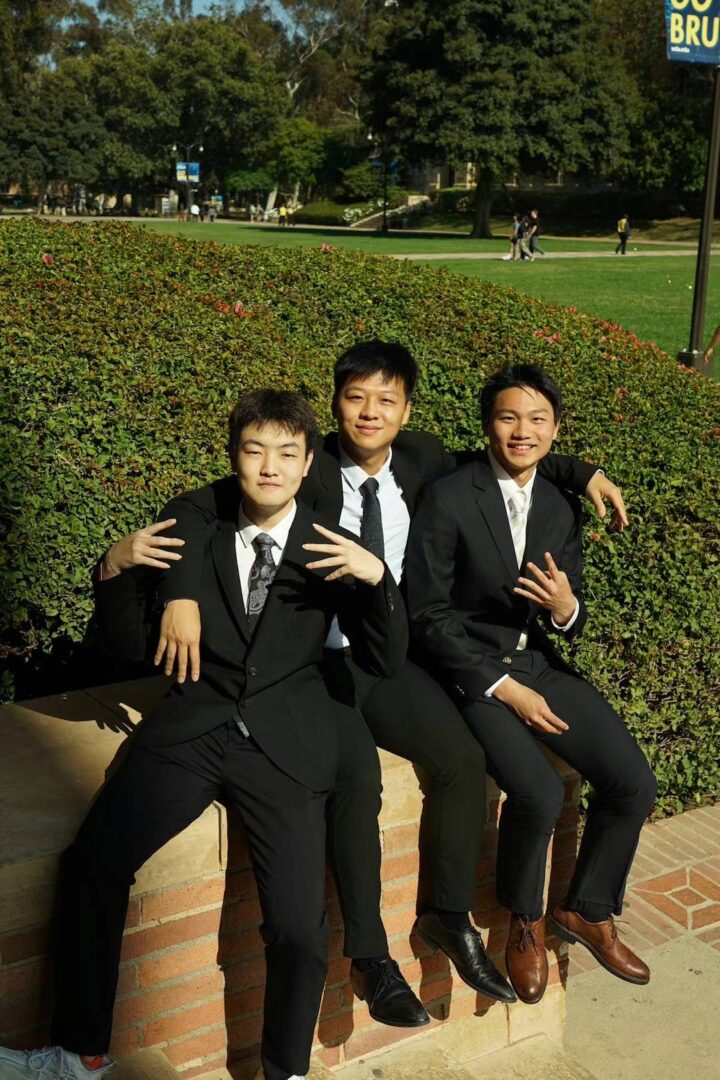
Great, so let’s take a few minutes and cover your story. What should folks know about you and what you do?
What Defines My Brand?
As a venture investor, investment banker, and wannabe LinkedIn influencer, I think about this question a lot: What defines my brand?
Honestly, I’m still figuring it out. But I know one key pillar of my brand is rooted in learning and giving back. There’s nothing I enjoy more than acquiring new knowledge—except maybe sharing that knowledge with others and watching it make a difference in their lives.
This passion for sharing is what motivated me to start my high school’s first-ever Model United Nations conference and to found the debate club. It’s what drives me today in my role as President of the Bruin Investment and Trading Group at UCLA. It’s all about creating spaces where others can learn and grow.
This desire to give back has also inspired my latest venture: an advisory service and social media page dedicated to helping international students, especially Chinese students, break into investment banking.
As a Chinese international student, I was told from the start that finding success would be an uphill battle. We need job sponsorships, we don’t fit into diversity quotas, and we face social and communication barriers—especially in finance, a field dominated by the WEIRD (Western, Educated, Industrialized, Rich, and Democratic).
As I worked with more international students, I saw a common theme. They could nail the technical side—memorizing guides, mastering the hard skills—but they struggled with the softer, behavioral aspects like networking and communication. It’s a cultural difference and a huge barrier.
So I decided to do something about it. I started a “XiaoHongShu” account (basically the Chinese Instagram) and made my first post about the importance of the behavioral question, “Tell me about yourself.”
The next morning, I was blown away by the response. I gained over 100 likes and 50 comments overnight. In just two weeks, I posted 20+ times, gained 700 followers, and received over 20,000+ reactions.
More importantly, I’ve had the chance to work one-on-one with 20 students, many of whom are older than me or pursuing their master’s degrees. Helping them grow more confident in their networking and soft skills has been incredibly rewarding. Seeing them succeed, not just technically but as better communicators and storytellers, is why I do this.
So, if you’re an international or domestic student struggling to break into investment banking, please reach out! I’m also looking for partners or collaborators to help develop a platform or software solution that can address this challenge. I’d love to find the right venture partner for this next step.
Follow “闯进华尔街” on 小红书 for updates!
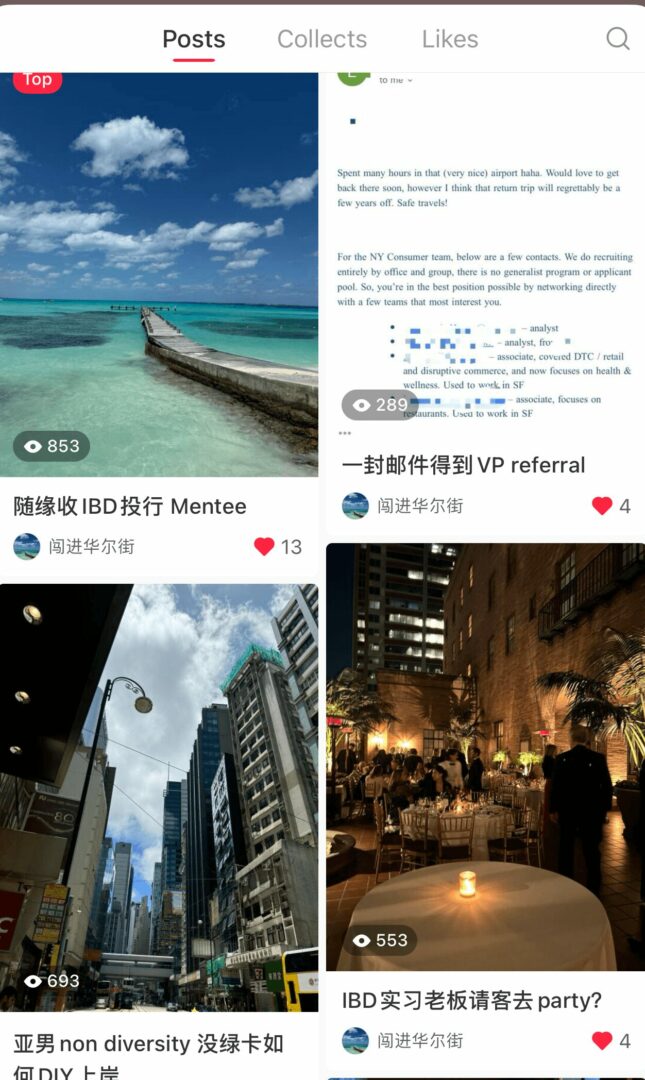
Looking back, what do you think were the three qualities, skills, or areas of knowledge that were most impactful in your journey? What advice do you have for folks who are early in their journey in terms of how they can best develop or improve on these?
Looking back on my journey, the three qualities that had the biggest impact weren’t the obvious ones like intelligence or leadership. In fact, those weren’t nearly as important as I thought they’d be. Instead, it was the less obvious qualities—things I had to learn through experience—that really made the difference.
1. The Courage to Ask for Help
I used to think that asking for help was a sign of weakness. As a middle child, I prided myself on being independent, the person who could handle things on their own. It wasn’t until my freshman year in college that I realized how wrong I was. The truth is, no one gets anywhere alone, and learning when to ask for help is probably one of the hardest—and most valuable—lessons I’ve learned.
By simply reaching out, I got my first research opportunities, multiple internships, and even the chance to audit an MBA course. None of that would’ve happened if I’d just stuck to waiting and applying like everyone else. Learning to ask for help opened doors that I didn’t even know existed.
Advice: Don’t be afraid to ask for help, even when it feels awkward or intimidating. Most people are willing to help you if you’re genuine and put yourself out there. You won’t know what you can get unless you ask.
2. Building and Maintaining Relationships
Coming from a small high school, relationships were easy. Everyone knew each other, and we were in a bit of a bubble. But once I entered college and the professional world, I realized relationships take real effort to build—and maintain. It’s not just about meeting people; it’s about staying in touch, being intentional, and showing you care.
Networking used to sound transactional to me, but I’ve learned that it’s really about building real connections. Those relationships have opened doors for me that I couldn’t have imagined. The key is patience and consistency—relationships grow over time, not overnight.
Advice: Focus on genuine connections. People remember when you take the time to listen and follow up. It’s not just about what they can offer you—it’s about building a mutual connection that lasts.
3. Prioritizing Self-Care
I used to roll my eyes at the term “self-care.” It sounded like spa days and yoga sessions, things I thought I didn’t have time for. But my freshman year taught me the hard way that self-care isn’t about luxury—it’s about survival. I burned out twice because I thought I could just power through everything. It turns out, I couldn’t.
Taking care of yourself mentally and physically is key to sustaining your efforts in the long run. It’s not about indulgence—it’s about making sure you can keep going. Whether it’s a walk, time with friends, or just a break from the grind, I’ve learned that self-care is non-negotiable if you want to keep moving forward.
Advice: Don’t wait until you’re burned out to take care of yourself. Find small ways to recharge regularly. It might seem like you don’t have time, but in the long run, it’ll save you from crashing.
The courage to ask for help, building real relationships, and prioritizing self-care have been the most impactful parts of my journey. They aren’t the most obvious qualities when we think about success, but they’re the ones that have carried me through my journey.
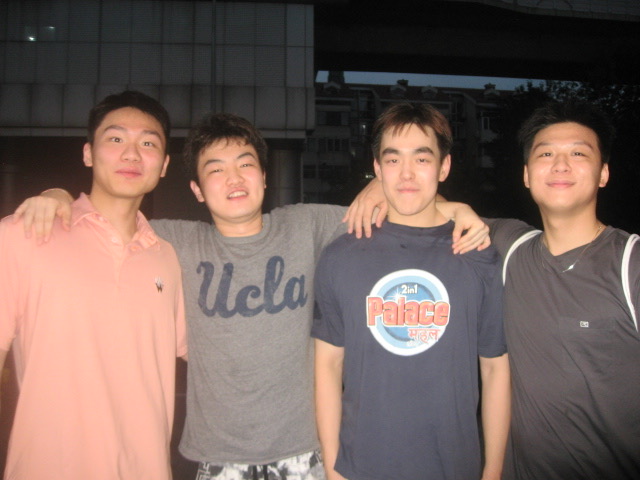
What was the most impactful thing your parents did for you?
At just 20 years old, I’m incredibly blessed to have traveled the world. I’ve visited five continents and over 30 countries. From the untouched beauty of New Zealand’s wilderness to the lively pulse of Mexico City’s music and culture, and the rich landscapes and exotic flavors of Vietnam, every destination has left its mark on me.
My parents run a landscape design firm, and travel has always been crucial to their work. They believe deeply in the transformative power of learning by experience. It’s not something I appreciated growing up, but today, I’m endlessly grateful for their philosophy.
They were never the typical travelers. While most people opt for resort stays and popular tourist spots, my parents are passionate about wandering the urban landscapes and uncovering the hidden gems of every city. Our vacations were always different. As kids, my siblings and I would groan about the 20,000 steps we had to walk every day. We didn’t want to spend hours in museums, temples, or wandering through parks to look at design artifacts. At the time, it felt more like work than vacation.
But as I’ve matured, I’ve realized the immense impact those trips had on me.
Even though I wouldn’t call myself an artist, I’ve developed a deep eye for design and art. I now find myself wanting to spend time in museums, absorbing the intricacies of each piece, and getting lost in the stories they tell. I can’t visit a new city without observing its urban planning, admiring the structures, and looking for the intent behind the design. What once felt like a chore has become a passion.
Traveling gave me countless new lenses to view the world, perspectives that I wouldn’t have discovered on my own.
Beyond just design, traveling has also taught me the importance of diversity and the beauty of cross-cultural interactions. Growing up, we’re taught to be “global citizens,” but it wasn’t until I traveled that I truly understood what that meant.
I’ll never forget the warmth of a stranger in Paris, when an elderly Parisian man bought my little brother a beanie on a freezing winter day. Or the sheer happiness I shared with kids in the Philippines, sitting on the floor together, enjoying fresh mango sticky rice. We didn’t speak the same language, didn’t look the same, and had never met before. Yet, those moments of connection—where none of that mattered—are what make traveling so powerful.
The most important gift my parents gave me wasn’t just seeing the world—it was learning how to appreciate its infinite diversity and understanding that true connection comes from embracing those differences.
Mom and Dad, thank you for this incredible gift. I am forever grateful.
Contact Info:
- Instagram: williamli4138
- Linkedin: https://www.linkedin.com/in/williamsyli/
- Other: 小红书:闯进华尔街
Email: [email protected], feel free to reach out!
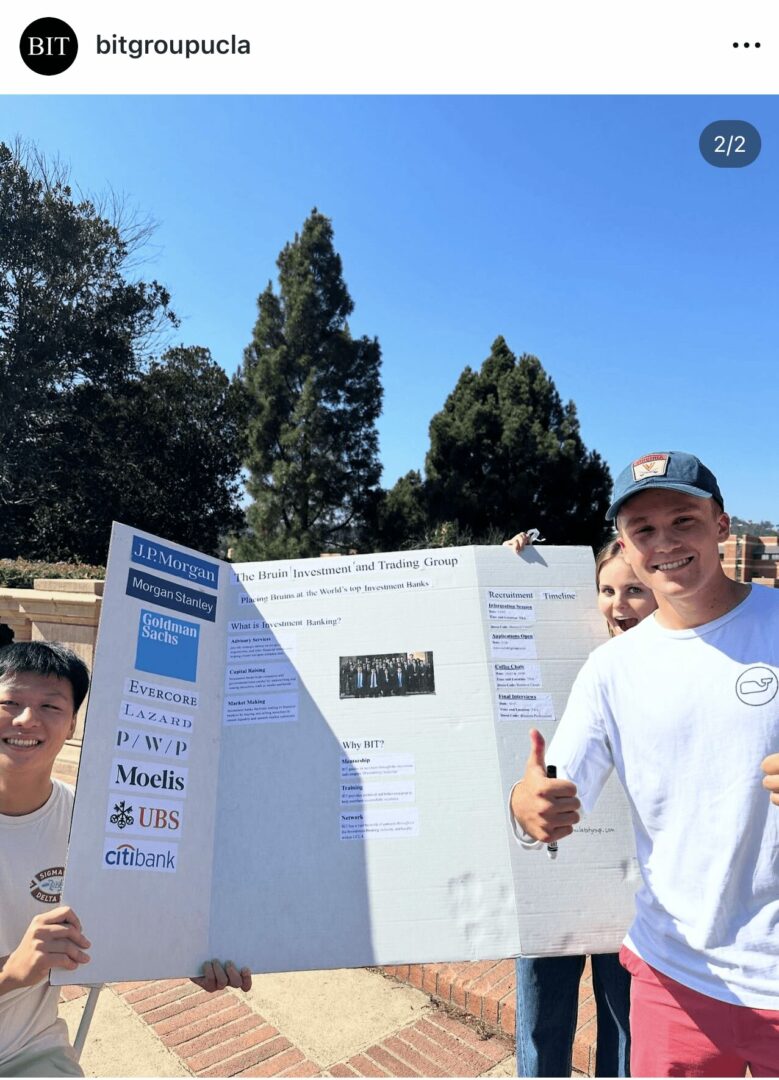
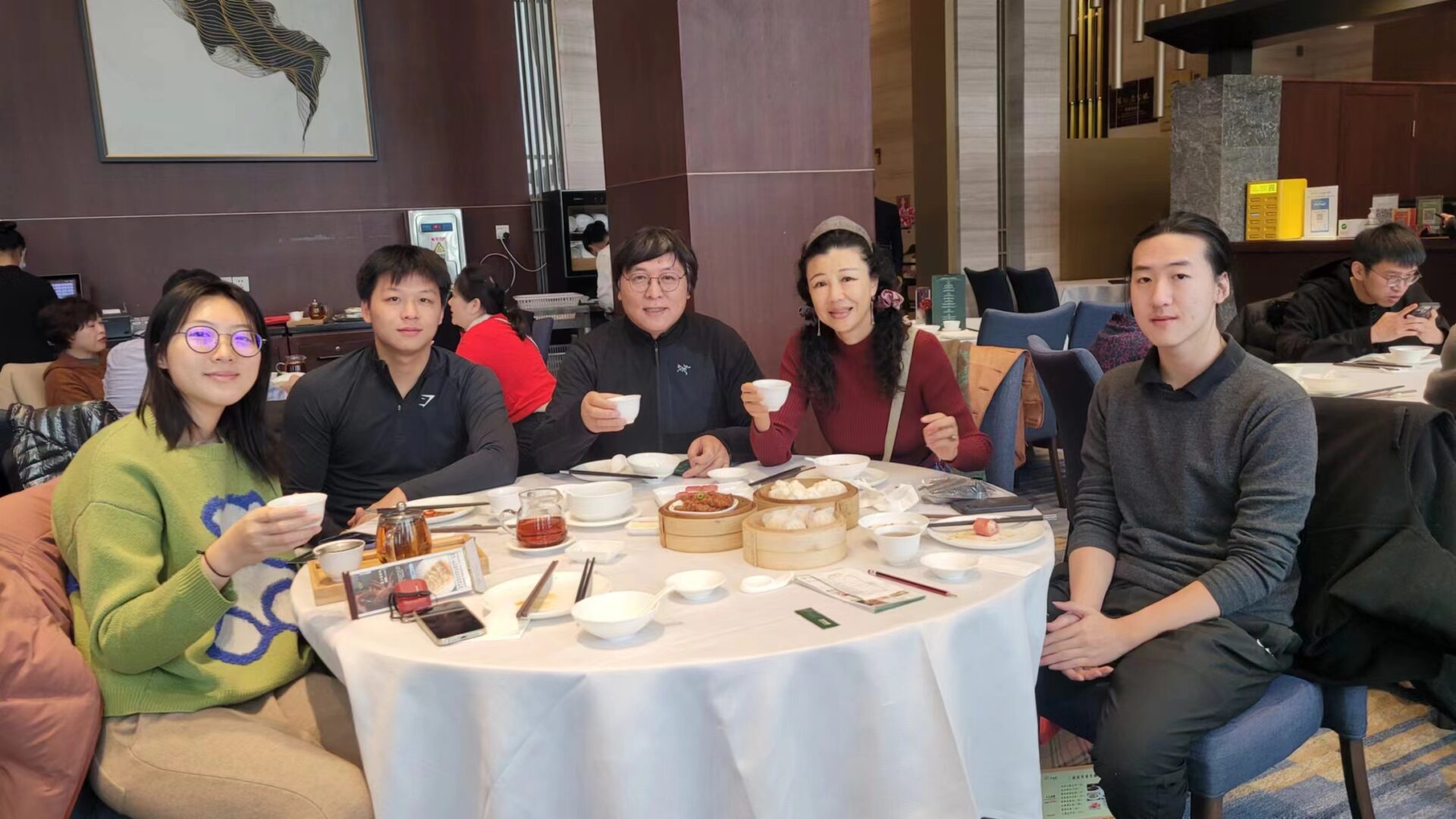
so if you or someone you know deserves recognition please let us know here.

